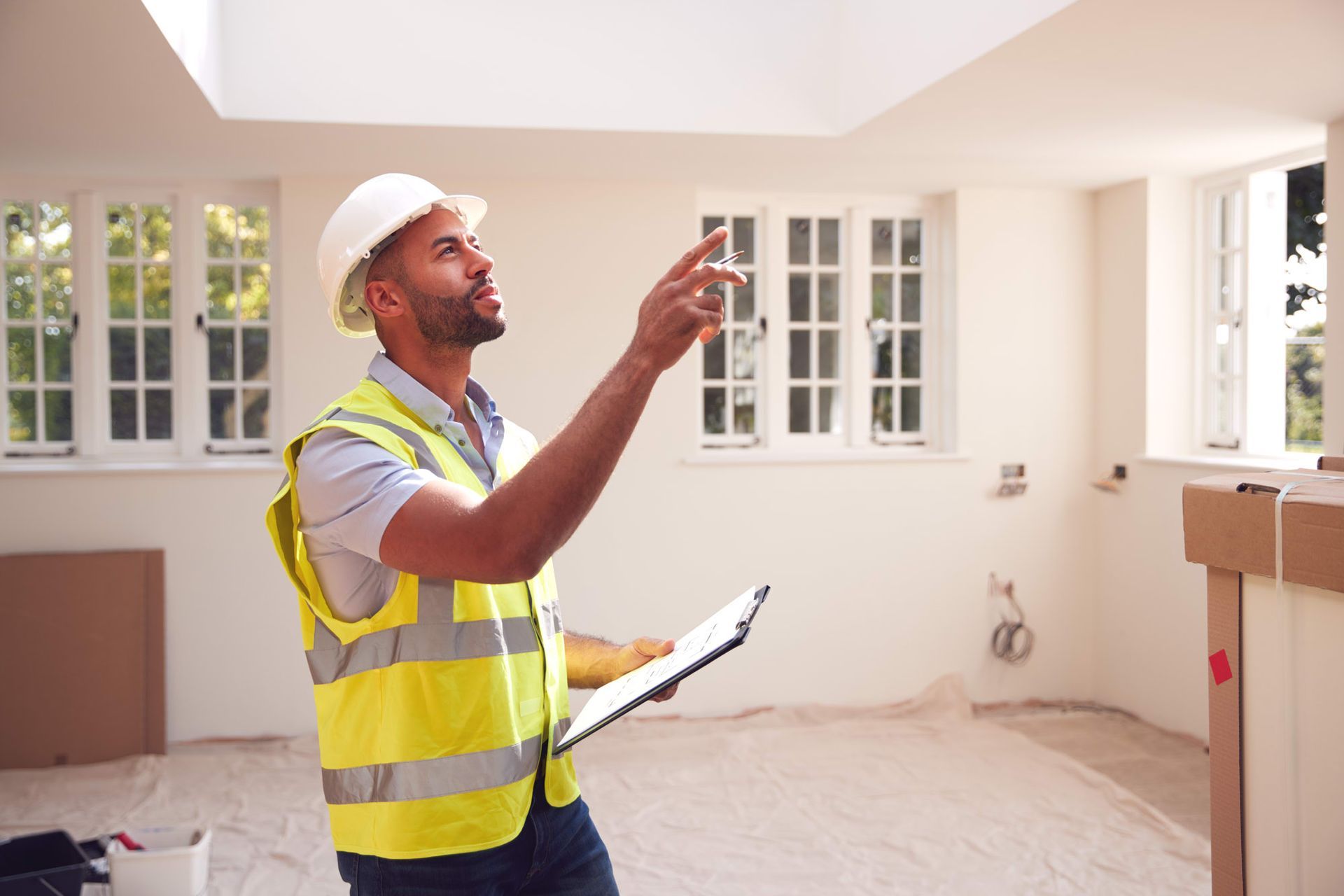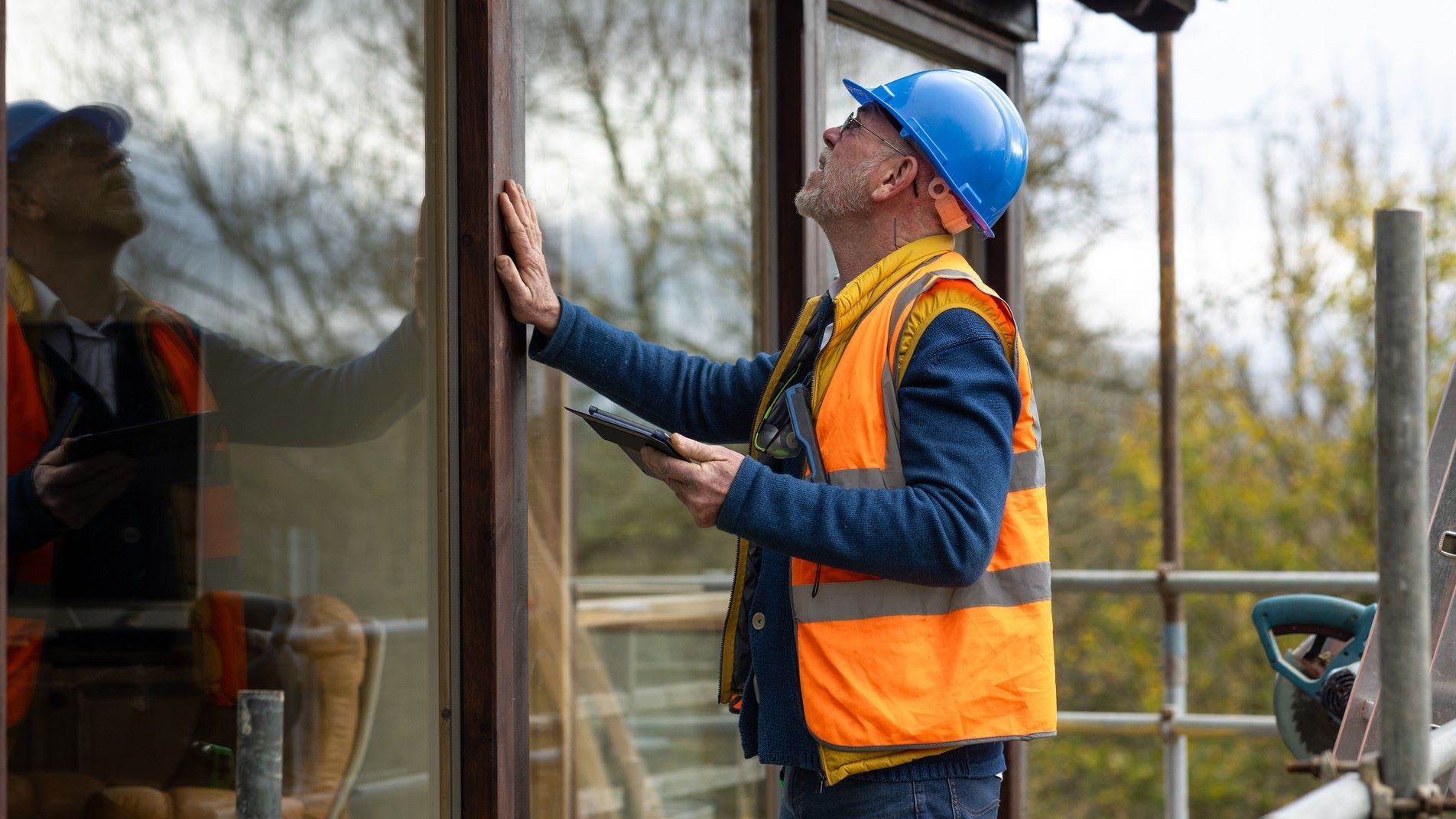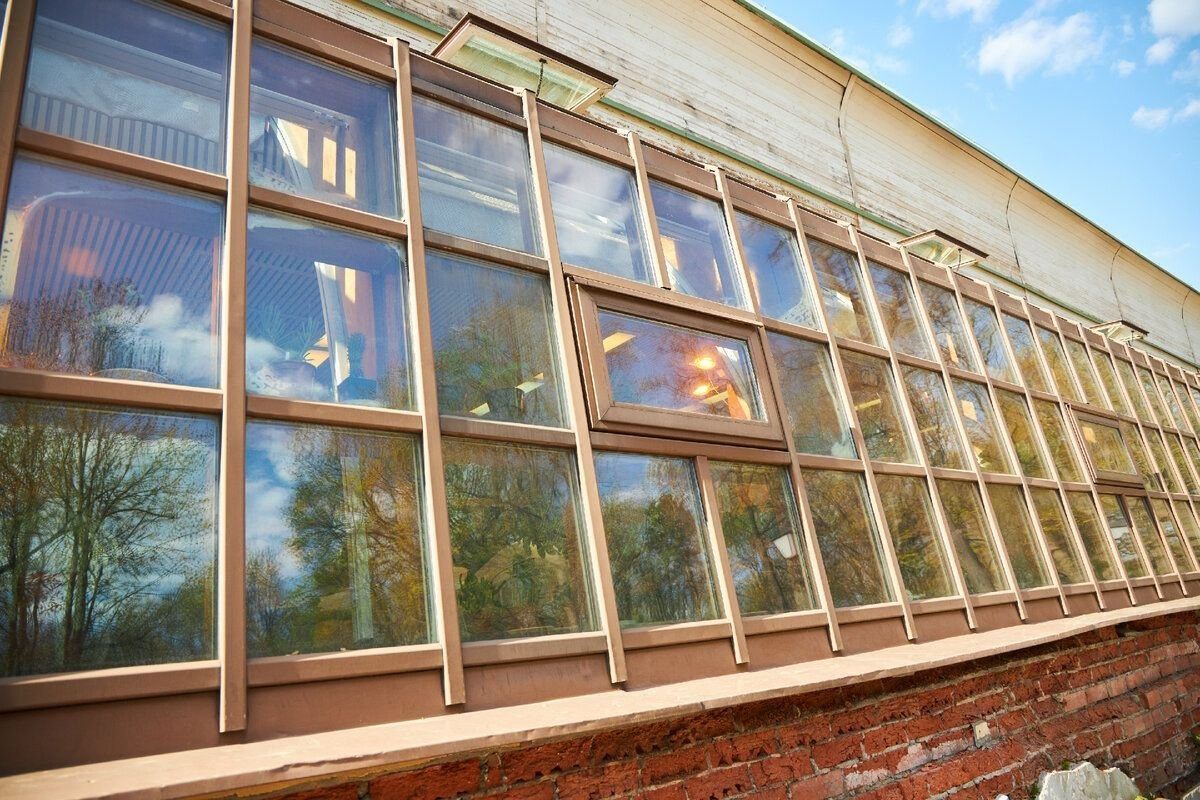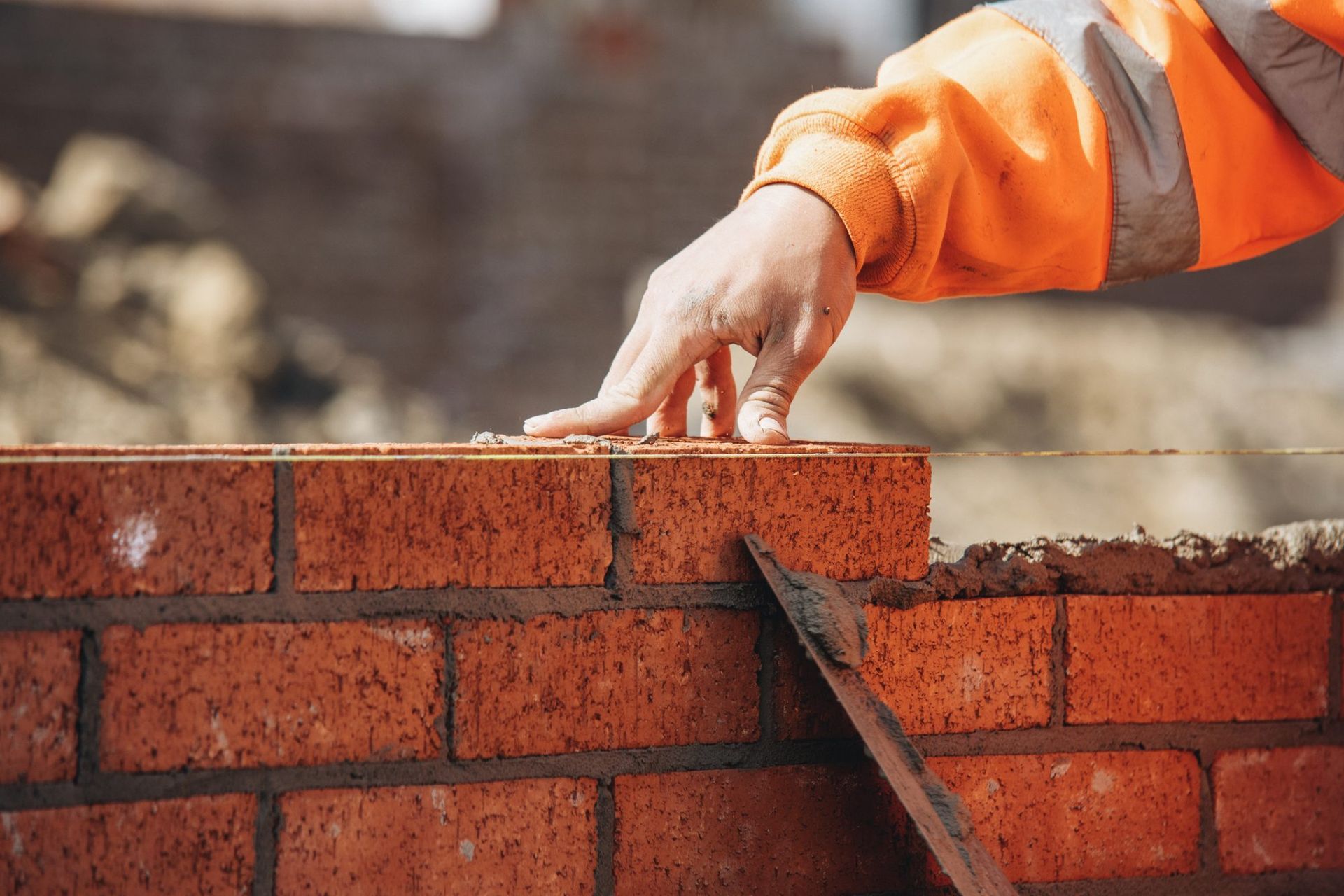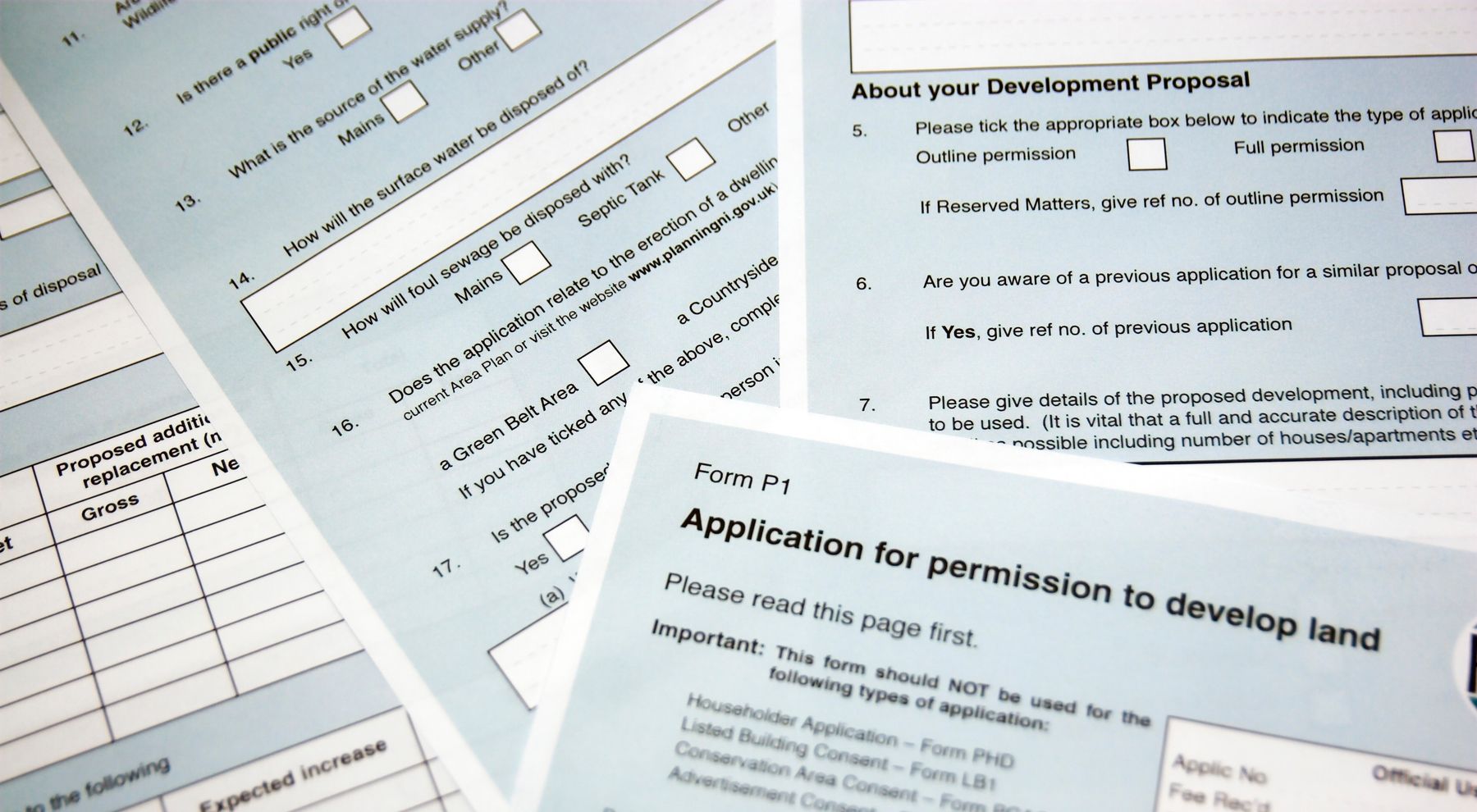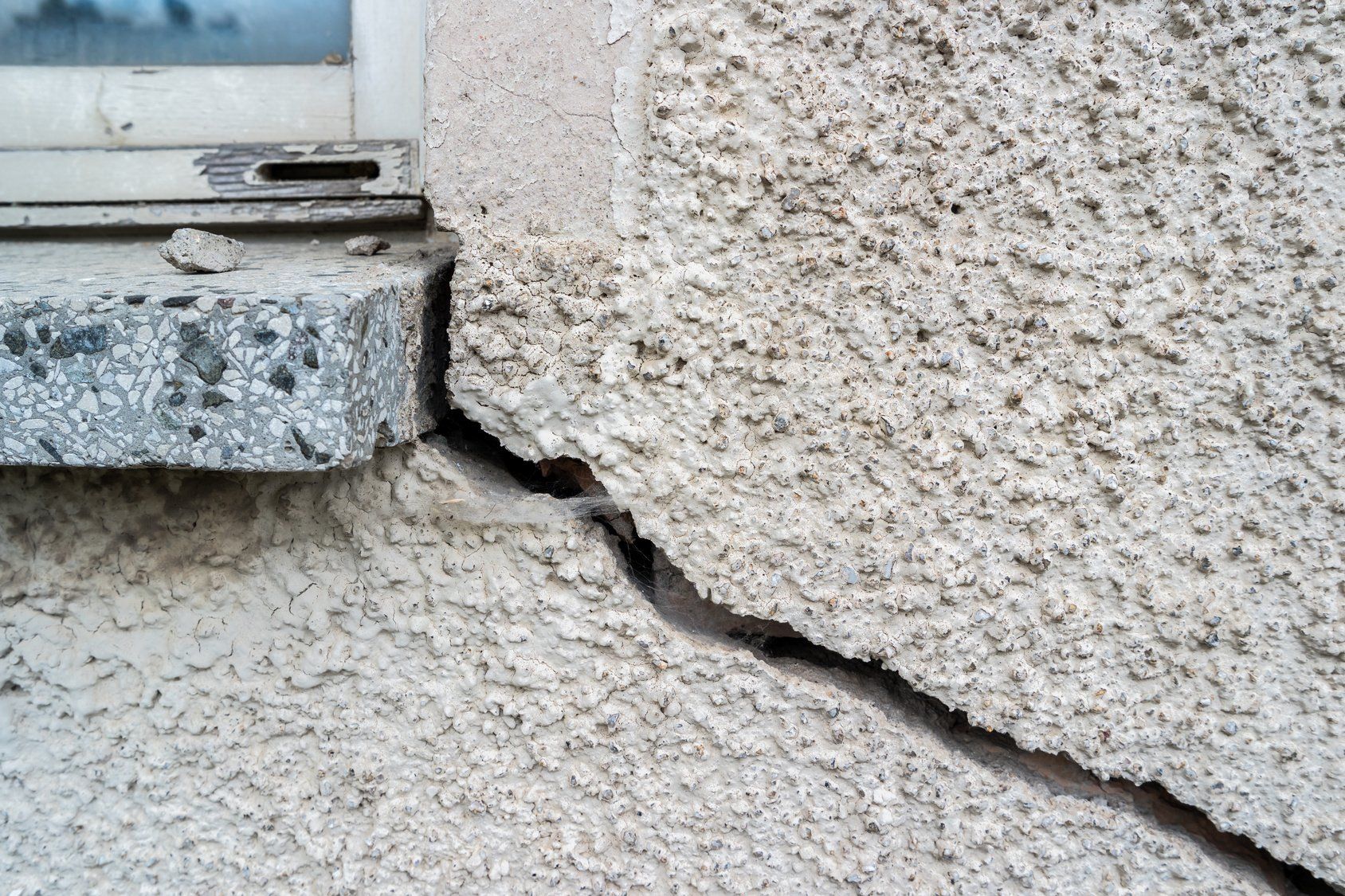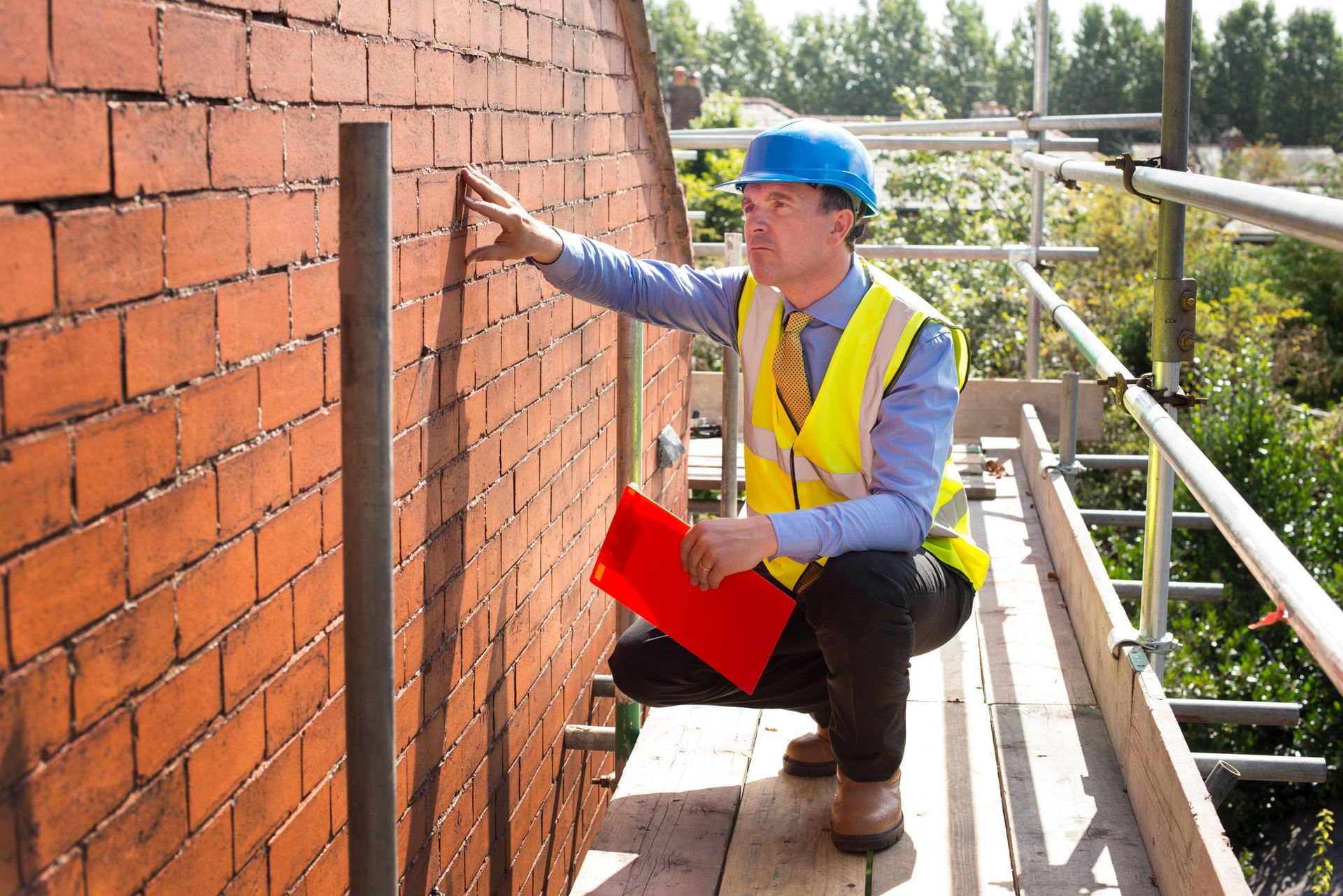Choosing the Right Building Surveyor for a Historic Property
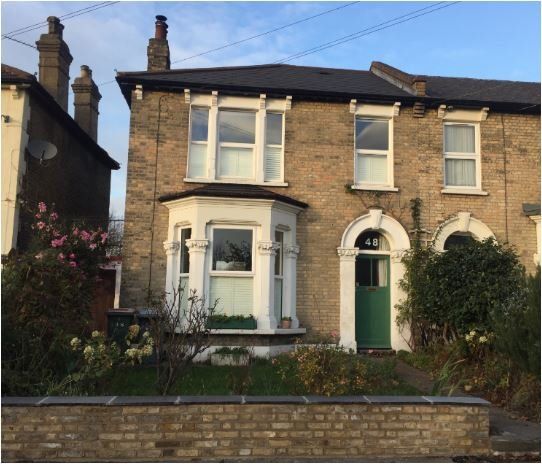
Choosing a surveyor that is right for you and your chosen property is key. It goes without saying that you’ll want a surveyor with all the necessary qualifications and experience but, if the property is unconventional or unique in any way, you might want to consider finding one with more specialised knowledge.
Whether you have your heart set on an ornate listed building, a quaint thatched cottage, a Victorian terrace or a country manor, the surveying skills involved differ greatly from those needed for your average modern property. This blog outlines some of the main criteria you need to consider when choosing the right building surveyor for a historic property.
Professional qualifications
We recommend that your chosen surveyor should be registered with the Royal Institution of Chartered Surveyors (RICS) or another professional body in the industry. RICS surveyors are bound to a strict code of conduct and are subject to rigorous disciplinary, complaints and arbitration procedures to ensure they consistently provide high-quality service and uphold professionality at all times.
There is a specific accreditation available through RICS for any building surveyors wanting to work with historic properties, known as the Building Conservation Accreditation. This is certainly something to look for when choosing a surveyor for your prospective old property. When looking for a surveyor, particularly for an old property, it’s important to research their past projects (as well as their qualifications) to ascertain whether they’re going to be a suitable choice for your property.
Available services
There are all sorts of different survey types out there for residential properties, which can get confusing if you’re unfamiliar with the industry. RICS surveyors typically offer 3 levels of home survey: RICS Condition Report, RICS Home Buyer Report or RICS Building Survey.
The latter is the most comprehensive and is aimed at larger or older properties, or where major works are planned. It provides a detailed analysis of the building’s condition and includes advice on defects, repairs, and maintenance. RICS reports follow a simple and user-friendly template, with a clear structure and a numbered and/or colour-coded rating system.
While this type of report can be helpful, historic buildings require a little more detail and personalisation - after all, no two historic buildings are the same. The report you get should take into account the property’s size, age, condition, unique characteristics and methods of construction.
Specialised knowledge
You should also choose a surveyor with specialised knowledge of historic or listed property surveys. Some surveyors may also specialise based on materials used, the type of old building, or the construction methods used. This knowledge can be invaluable in surveying historic buildings.
Here are some things to consider when choosing a specialist surveyor:
● Do they have advanced knowledge of traditional building materials, such as lime mortar, timber framing, traditional plasters, linseed paints?
● Do they have all the advanced tools (and extensive knowledge of said tools) needed for surveying historic buildings?
● Are they a member of the Institute of Historic Building Conservation (IHBC) or actively involved with building conservation organisations like Historic England, Historic Environment Scotland, Cadw, The Landmark Trust, or English Heritage?
Finding the right building surveyor can keep your dream property from becoming a nightmare.
Simon Levy Associates offers a
full building survey carried out by Simon Levy FRICS MAE himself. This is designed to not only identify problems but also find the root cause, so you know exactly what you’re dealing with.
Contact us today to book your appointment.

